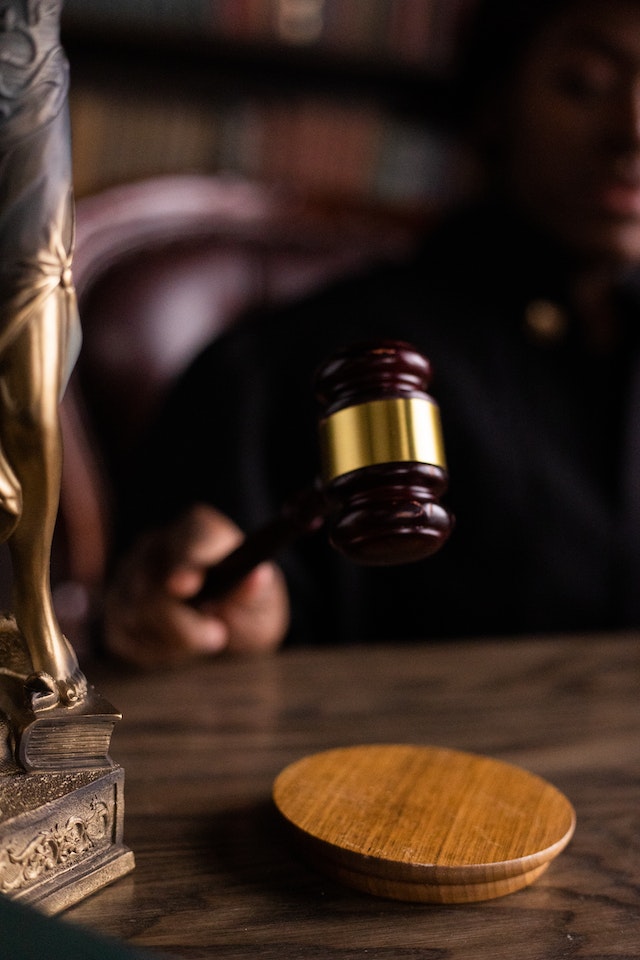China, like any other country, has its share of unique and sometimes unusual laws (Strangest Laws in China) that might seem strange from an outsider’s perspective. While some of these laws are rarely enforced or have historical origins, they can provide interesting insights into the cultural and legal landscape of the country. Here are a few examples of some of the strangest laws in China that have been reported:

No Time Travel in Movies or TV Shows
In 2011, China‘s State Administration for Radio, Film, and Television issued a directive banning TV dramas and movies involving time travel. The reasoning behind this ban was to discourage the distortion of historical facts and to maintain social stability. The authorities believed that time travel narratives could confuse the public’s understanding of history.
One-Child Policy (formerly)
Although no longer in effect as of 2016 when China relaxed its family planning laws, the one-child policy was one of the most well-known unusual laws. It was designed to control the country’s population growth. Couples faced fines and other penalties for having more than one child in many cases.
No Whistling at Night
In some parts of China, it’s considered bad luck to whistle at night. The belief is that whistling at night can attract spirits and ghosts. This cultural superstition has led to local ordinances in some areas discouraging or even prohibiting whistling during the nighttime hours.
Limit on the Number of Chopsticks at a Table
In Beijing, there’s a regulation that limits the number of chopsticks placed on a restaurant table to 10 pairs. This is to prevent excessive waste of disposable chopsticks, which are commonly used in many eateries. The regulation aims to promote environmental conservation.
No Reincarnation without Government Permission
This law, introduced in 2007, requires that Tibetan Buddhist monks seek government approval before they can reincarnate. The law was seen as a way for the Chinese government to assert control over Tibetan religious practices and the recognition of reincarnated lamas.
“Noisy” Foot Massage Parlors
In the city of Xi’an, there was a regulation that sought to regulate the noise levels coming from foot massage parlors. The law aimed to prevent excessive noise that might disturb neighbors or affect the city’s overall tranquility. This might seem unusual, but it reflects the importance of maintaining peaceful environments in urban areas.
No Walking Your Dog during Certain Hours
Some cities in China, including Beijing, have implemented regulations that prohibit dog walking during certain hours of the day, particularly during peak pedestrian traffic times. This is to ensure the safety and convenience of pedestrians and prevent potential dog-related incidents.
Some of these laws may have evolved, been repealed, or are enforced to varying degrees in different regions. Laws and regulations can change over time due to shifting cultural attitudes and changing government policies. While these laws might seem unusual or eccentric, they often reflect the unique blend of tradition, modernity, and governance that characterizes Chinese society.


